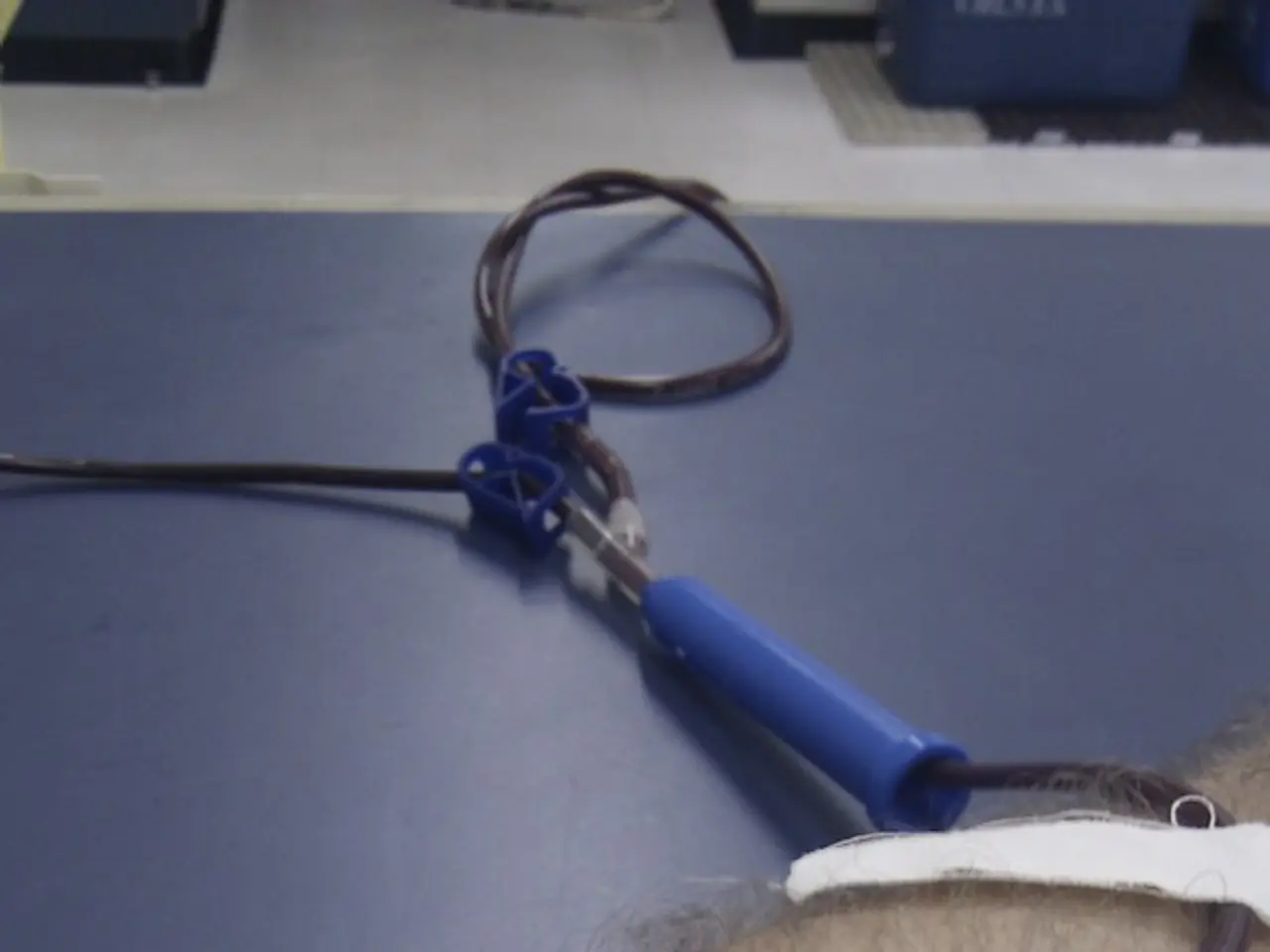Overpaying by a Thousand Francs Yearly
In a recent report, the Federal Department of Economic Affairs, Education and Research shed light on significant price differences between Swiss hospitals for orthopedic and cardiac implants. This revelation comes amidst concerns about the opaque nature of the medical implant market and the lack of effective control institutions in Switzerland's healthcare system, contributing to constant cost growth.
The high costs are not just limited to these differences. A study by Prio Swiss found that monitoring more than 130 million invoices per year brings savings of 3.5 billion francs per year in basic insurance. Similarly, generics and biosimilars are approximately 45.3% and 30% cheaper abroad, respectively.
The healthcare system's opacity gives manufacturers great negotiating power, allowing them to charge high prices. One of the factors contributing to this is the 'very close relationships between the providers of medical implants and the surgeons,' according to the report.
Price differences for identical implants between hospitals in Switzerland do exist, but specific quantified data about these price differences are not readily available. For instance, a certain pacemaker model can cost between 1200 and 5400 francs in different hospitals, resulting in a price difference of 4200 francs. Similarly, a knee prosthesis may cost Hospital A less than 1000 francs, while Hospital B pays 5700 francs for the same prosthesis.
Health insurers have a financial incentive to negotiate economically and appropriately priced rates. Rising costs lead to premium increases that could cause policyholders to switch insurers. However, hospitals do not know how much other hospitals pay for implants, preventing them from negotiating lower prices.
The federal government has commissioned further studies to test the effects of changes aimed at saving costs in the healthcare system. These studies could potentially lead to savings of up to 19% of the costs that health insurers pay for basic insurance, without affecting the quality of medical treatments.
Comparatively, Switzerland spends more per capita on medical products than any other European country, including association materials and implants such as pacemakers or artificial joints (671 francs in 2024). This is significantly higher than Austria (558 francs), Germany (482 francs), and France (298 francs).
The savings could amount to approximately 8.4 billion francs, which is equivalent to about 1000 francs less per year for each insured person. Medtech Europe has also published figures on the implant market, providing further data for analysis and potential cost-saving strategies.
As the healthcare system continues to evolve, it is crucial to address these price differences and strive for transparency to ensure fair and affordable prices for all.







